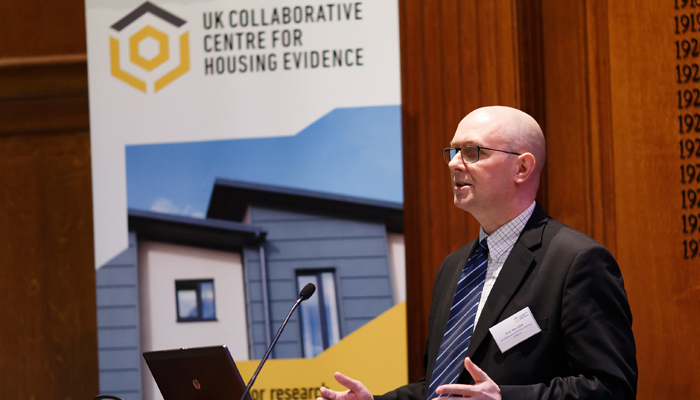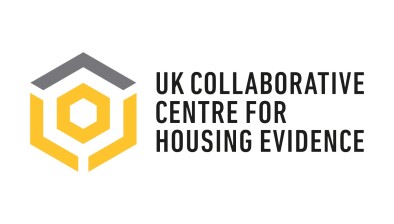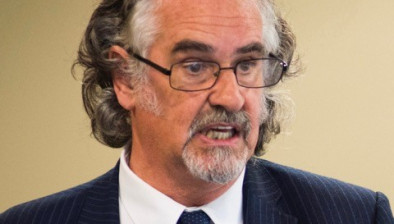Professor Ken Gibb: Four more years – looking ahead to CaCHE 2

Professor Ken Gibb
CaCHE director, Professor Ken Gibb, outlines plans for the next phase of the UK Collaborative Centre for Housing Evidence (CaCHE).
We are delighted to announce that the UK Collaborative Centre for Housing Evidence (CaCHE) has been funded for another four years. The funding from ESRC and AHRC will commence from 1st November 2022.
In the next phase of CaCHE we will retain our five Knowledge Exchange (KE) Hubs around the UK and the core team based at the University of Glasgow. The work of our KE Hubs and our commitment to disseminating and communicating our work will continue to be central to CaCHE.
The centre remains led by two critical nodes at the University of Glasgow and the University of Sheffield, but we also have co-investigators located in every UK nation and internationally i.e. in the Universities of Bristol, Ulster, Cardiff, Sheffield Hallam and South Australia, as well as the Chartered Institute of Housing.
The new research programme will be organised around four themes:
- Economy (including markets)
- Inequalities
- Place (including design and planning)
- Environment (with a focus on green retrofit)
We will also have cross cutting programmes on systems thinking, international research evidence, and will continue with our data navigator.
CaCHE will continue to use multidisciplinary, interdisciplinary and, where appropriate, single disciplines to synthesise evidence and undertake relevant primary research in order to influence policy and practice to improve our housing systems for everyone. We will strengthen our networks nationally and internationally, and form partnerships, including formal collaborations to help us delivery our research priorities. We will also continue with our synthetic evidence reviews, briefing papers, shorter form publications and blogs, as well as events, both online and in-person.
Over the next four years we will seek partners to work collaboratively with to generate external research income and widen the role that we play, which we see as an exciting opportunity. Any such work will be consistent with our underlying objectives and therefore about improving evidence and influencing policy and practice. We think we have done this to a reasonable extent in our first five years, but we can and want to do much more.
A key characteristic of CaCHE has been supporting early career researchers, be it through PhDs, post doc opportunities, summer schools and our partnership with HSA. This focus will continue. In addition to promoting several early career research staff ahead of our next phase, we also intend to support and develop new housing researchers going forward. We also plan to continue our Policy Fellows Programme and expand our offer to housing professionals and policymakers across the UK.
One example of projects that we are developing under the new programme gives a sense of our intended direction. Readers may recall we conducted a series of co-produced priority-setting exercises (based on the Tobin Project) which shaped our 2nd and 3rd waves of internal projects. For the next phase of CaCHE, we want to take this a stage further by co-designing, with our KE Hubs, a fully worked up project that is significant in terms of addressing important contemporary housing problems that resonate widely. Of course, it is for the discussions with our colleagues in the KE Hubs to decide what this project should be about and how it is to be conducted, but our only stipulation is that it should explicitly embrace systems thinking.
Inevitably, the different incentives of transitional funding means that some of our partners have withdrawn. We thank everyone who has contributed to the work of CaCHE, and we hope to have opportunities to collaborative together again. We welcome new co-investigators and new themes, for instance Aimee Ambrose from Sheffield Hallam University will work on the retrofit and net zero policy dimensions of our work, and we have also been joined by Rachael Williamson and Annie Field from the Chartered Institute of Housing.
Finally, I thank everyone who supported this bid, especially from the non-academic community in policy and practice across the UK. We have had great support from the CaCHE international advisory board, chaired by Lord Kerslake, and from the five KE Hubs and their members. We also acknowledge the commitment provided to us by the universities that have backed us so strongly. This would not have been possible without that partnership.








